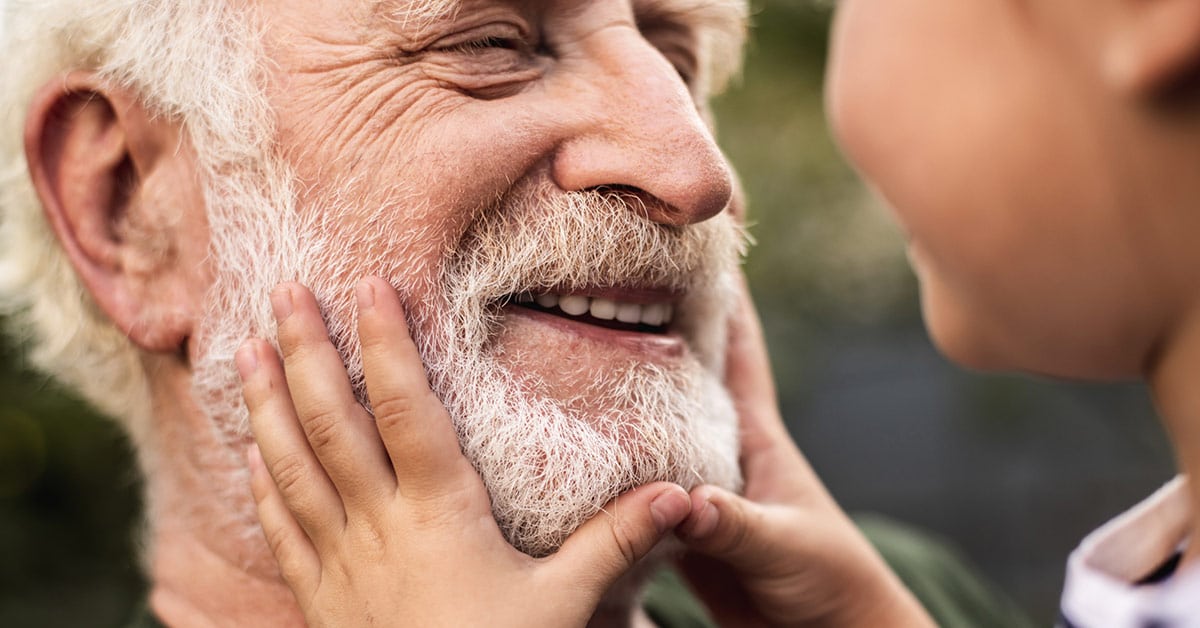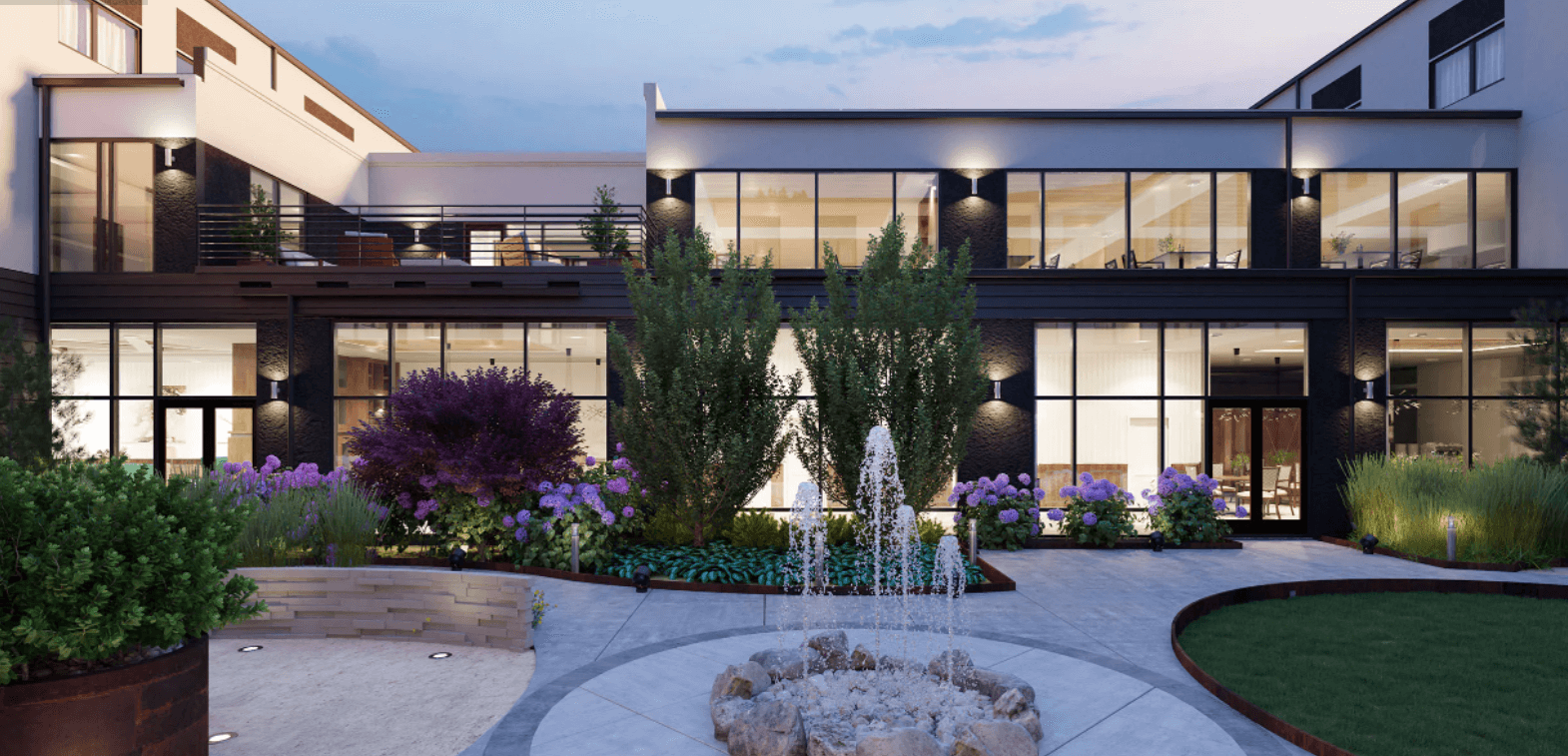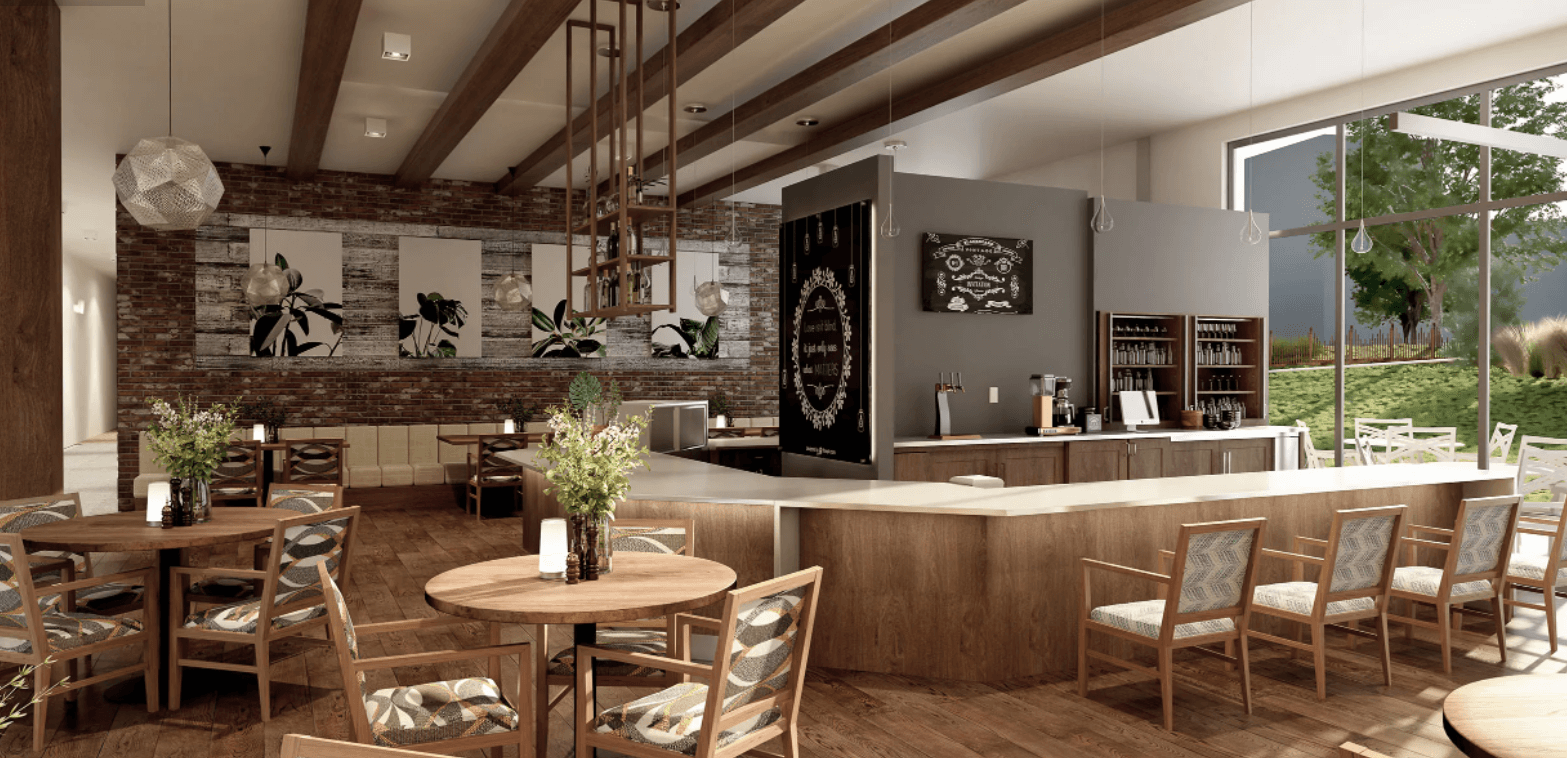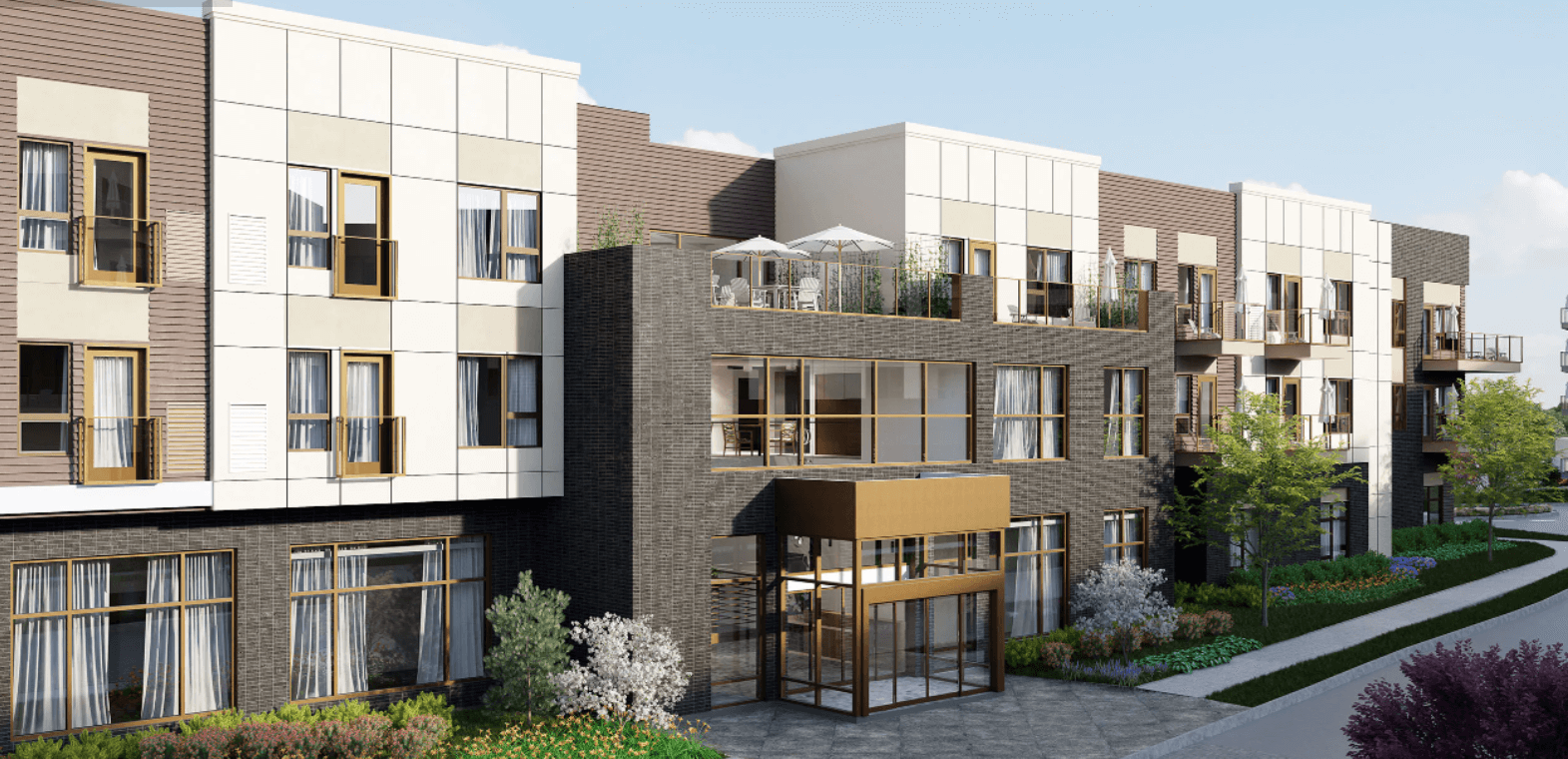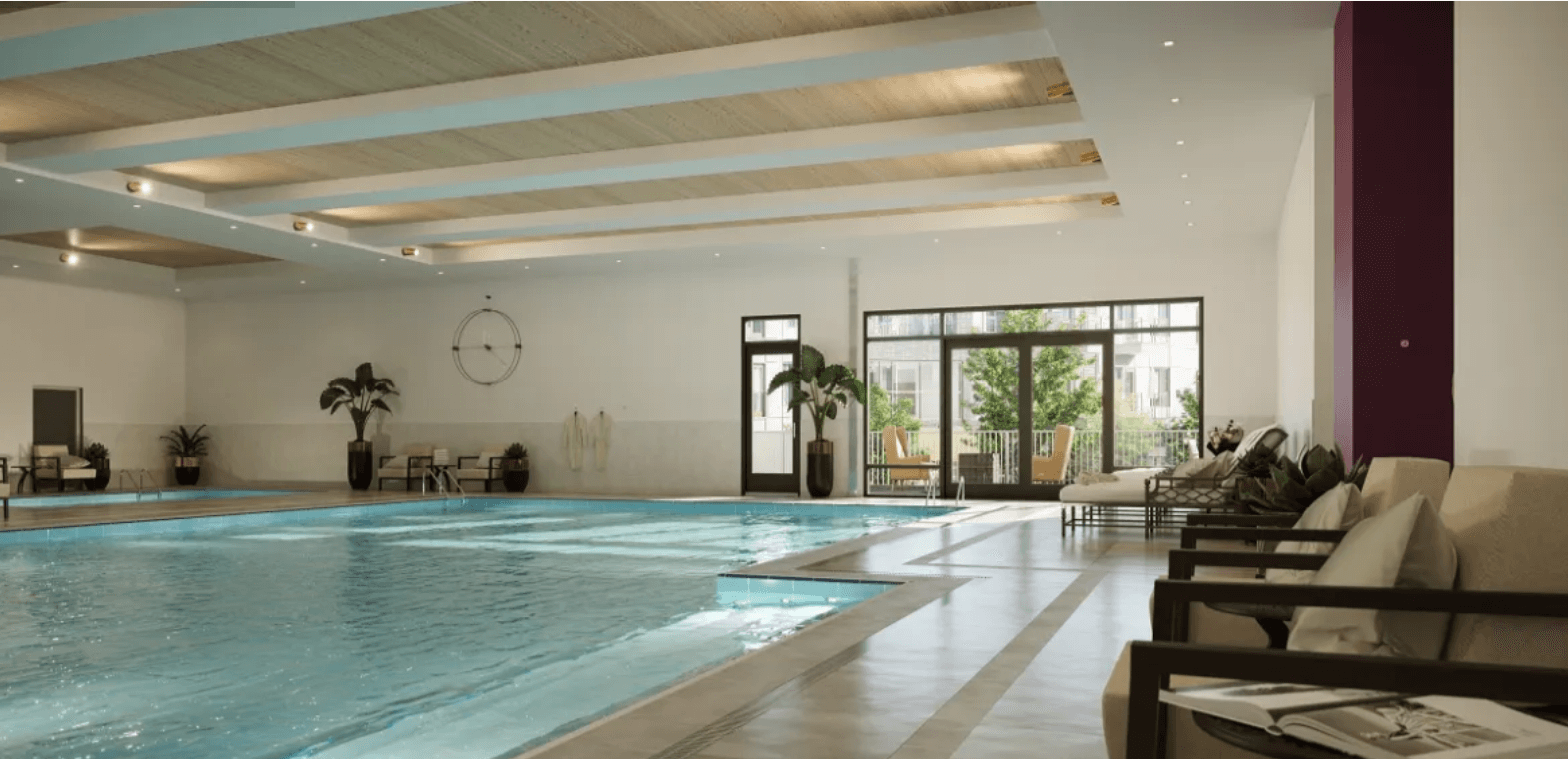The risk of falling and fall-related problems rises as men and women pass the age of 65. According to the National Institute on Aging, each year about 3 million older adults are treated in emergency rooms for injuries incurred in a fall. Beyond potential fractures and long-term disability, falls take an emotional and psychological toll on older adults, reducing their independence, social interaction and quality of life.
But falling does not need to jeopardize older adults’ lives or preoccupy their adult children’s thoughts.
“The first thing we recommend is that parents see their doctor to make sure there’s not a medical reason for why they’re falling,” says Beth Ehlers, an exercise physiologist and the wellness director at Ovation Heartwood Preserve in Omaha.
Someone whose father or mother has recently fallen should also have their parent’s vision and hearing examined. Slight changes in seeing and hearing can increase the risk of falls, as can new prescription medicines, which should be explored for potential side effects.
If an examination reveals that nothing is wrong, the next step is for a parent to be assessed by a physical therapist or occupational therapist for specialized treatment.
Ironically, one of the leading causes of falling is the fear of falling. That can diminish an individual’s sense of security. But exercise with a therapist can restore them to their former selves. “As elderly parents get stronger, they lose some of that fear and feel more secure and more able to do what they want to do,” says Ehlers.
To improve balance and stability, Ehler recommends simple exercises like practicing standing on one foot while safely holding onto a stationary object.
Another potential cause of falling is the tendency among some older adults to drag and shuffle their feet when walking, which is due to a loss of strength in the leg muscles. The ability to turn to the left or right is also hampered.
Classes like yoga and tai chi, which incorporate breathing, stretching and mindfulness, can be particularly beneficial.
At Ovation Heartwood Preserve, Ehlers likes to schedule physical therapy and occupational therapy in conjunction with classes like these on alternating days so that residents get some activity and strengthening every day.
Learn more at OvationHeartwoodPreserve.com.

